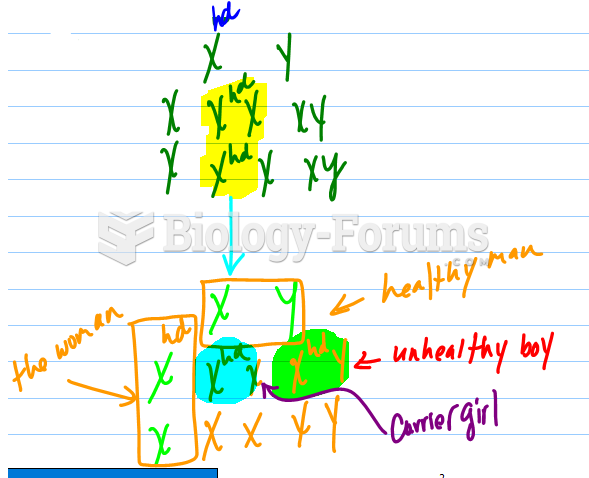Answer to Question 1
Iodine deficiency is a significant public health problem worldwide because, despite iodinization programs, iodine intake even in some developed countries remains low and quite variable. Also, an iodine deficiency is most prevalent in countries without iodized salt and those that are not bordered by an ocean or sea.
Babies born to iodine-deficient mothers often develop cretinism, which causes severe mental retardation, poor growth, infertility, and increased risk for mortality.
Goiters large enough to obstruct a person's trachea can develop when iodine deficiency occurs in children and adults.
Iodine deficiency disorders can be prevented and treated by providing iodine-rich foods (ocean fish and mollusks, seaweed such as nori, and dairy products if iodine is used in milk processing), iodine supplements, and/or iodized salt in conjunction with education programs that help people understand the importance of consuming sufficient iodine.
Answer to Question 2
Include nuts and seeds in main dishes.
Use basil and pine nut pesto or garlic stem and walnut pesto for pasta or as a nutritious and tasty spread on bread and crackers.
Consider stirring slivered almonds or sliced Brazil nuts into steamed vegetables for a hearty side dish.
Add toasted peanuts or cashews to a vegetable stir-fry.
Sprinkle chopped nuts on top of low-fat ice cream or frozen yogurt.
Instead of cheese, add toasted walnuts or pecans to a green salad.
Pack a snack bag of sunflower or pumpkin seeds in your backpack. They make a great substitute for nutrient-poor chips.
Try toasted hazelnuts on your oatmeal for a crunchy and delicious breakfast.
Choose a slice of pecan pie instead of a less nutrient-dense variety (such as chocolate cream).
To help minimize calories and sodium, select nuts that are dry roasted and avoid those with excessive amounts of added sugar and salt.
Because nuts and seeds tend to be high in fat, they should be used to replace meat or poultry, not used in addition to them.







